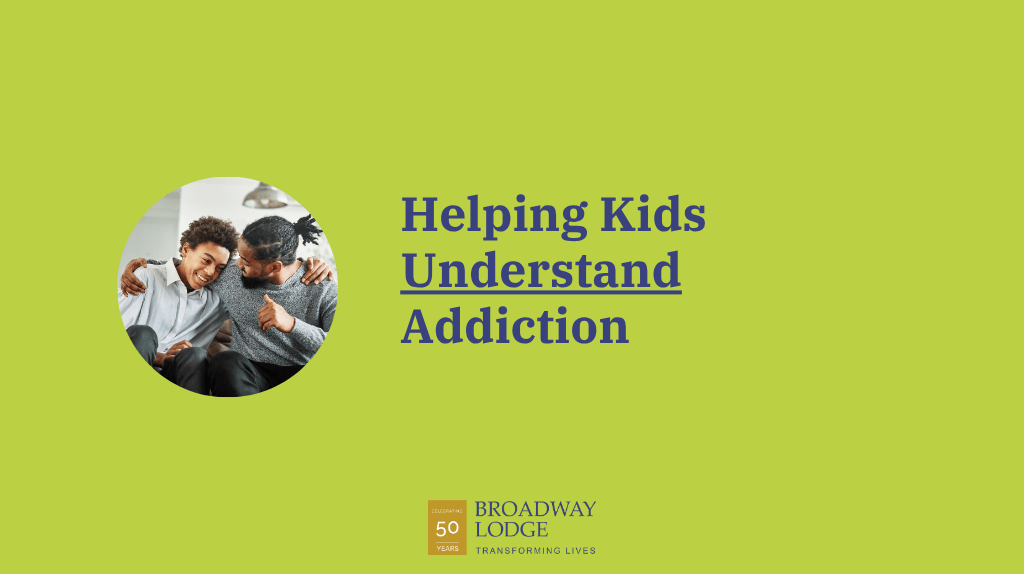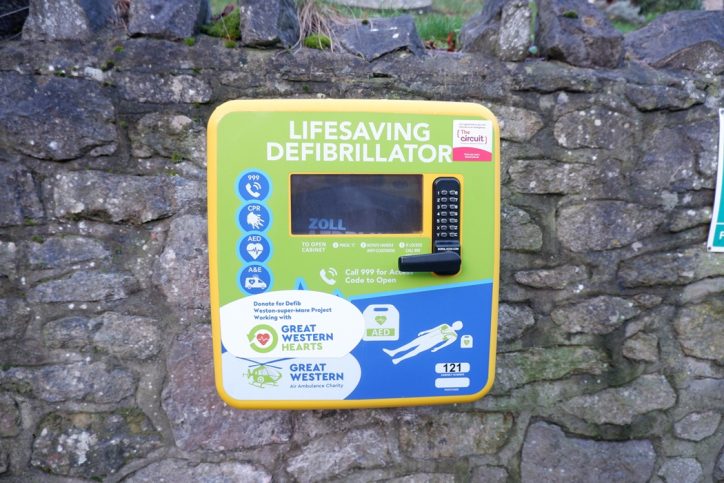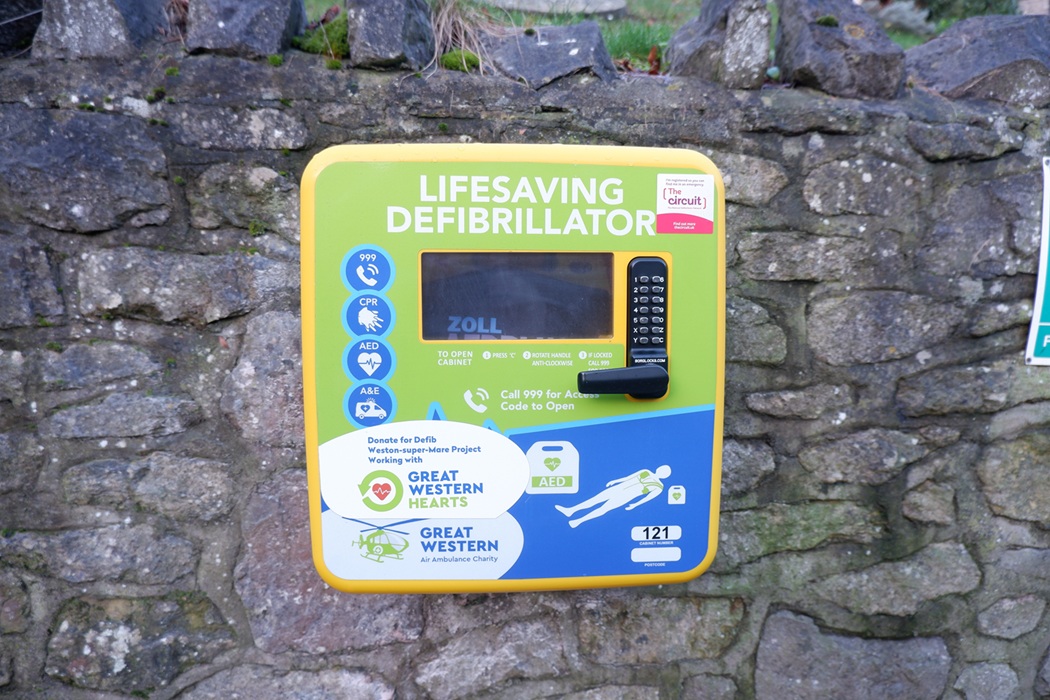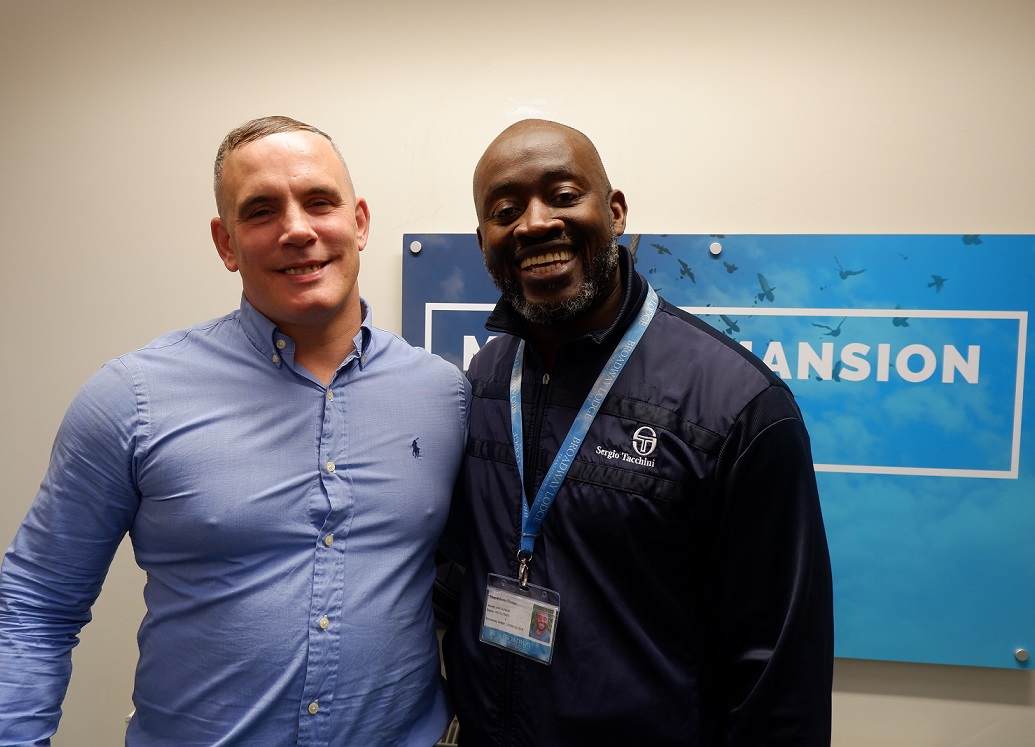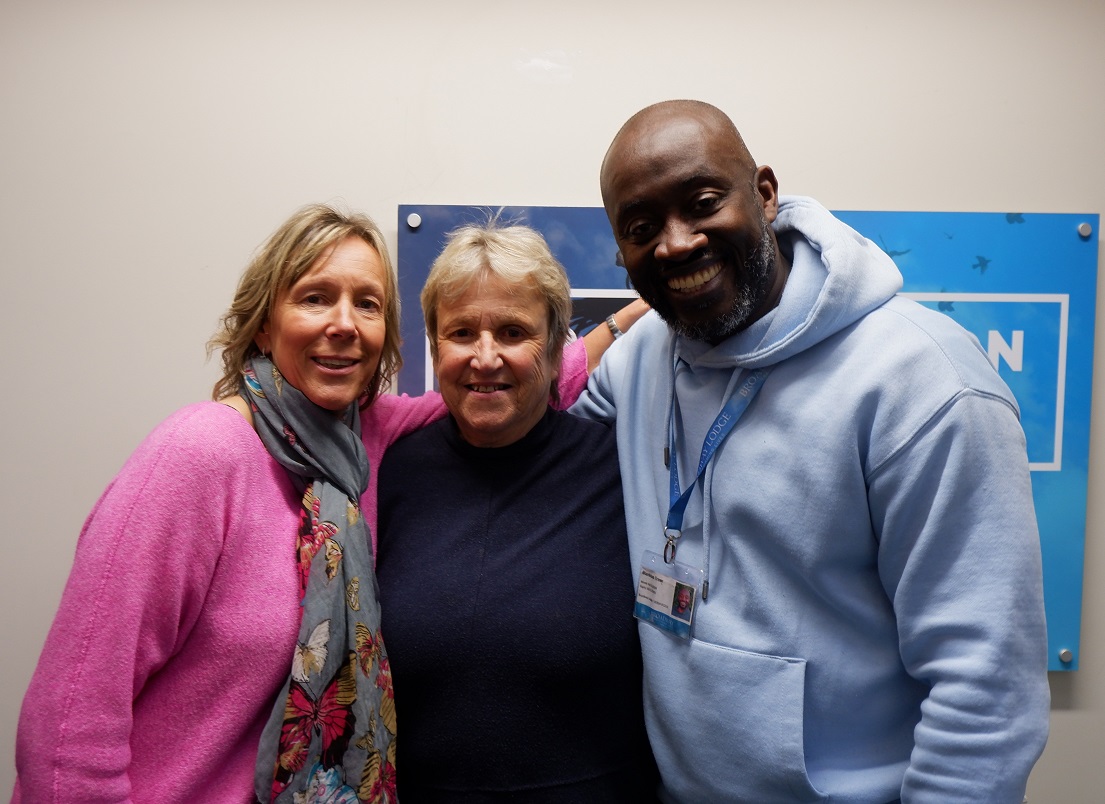Discussing addiction with children requires an honest, age-appropriate approach that frames it as a treatable illness, not a moral failing.
Reassuring children that they are not to blame and are loved unconditionally is essential for their wellbeing and helps reduce feelings of fear and guilt.
Approaching the topic of addiction with a child can feel incredibly daunting. Parents and guardians often worry about finding the right words, saying too much or causing fear and confusion. However, avoiding the conversation can sometimes be more harmful. Children are perceptive; they often sense when something is wrong and silence can lead them to create their own, often scarier, explanations.
Talking openly about addiction in an age-appropriate way can help a child make sense of their world. It can reduce their anxiety, combat feelings of guilt and reassure them that they are safe and loved. At Broadway Lodge, we support not only the individual in recovery but also the entire family system. We know that addiction affects everyone and providing children with gentle honesty is a powerful act of care.
This post will offer guidance on how to navigate these sensitive conversations, helping you support the children in your life with compassion and clarity.
Why Talking About It Matters
When a family member struggles with addiction, children can experience a wide range of confusing emotions. They might feel scared, angry, lonely or even responsible for the situation. Without a clear explanation, they may internalise these feelings, believing they are somehow to blame for the adult’s behaviour or that they are not loved.
Open communication helps to dismantle these harmful beliefs. By explaining addiction as an illness, you can help a child understand that the person’s actions are symptoms of a disease, not a reflection of their love for the child.
This framework, supported by organisations like the NSPCC, is crucial for a child’s mental and emotional health. It gives them permission to love the person without condoning the behaviour, and it shifts the focus from blame to understanding.
Key Principles for the Conversation
Before you start talking, it is helpful to ground yourself in a few core principles. These will guide you in creating a safe and supportive space for the child.
- Choose the right time and place: Find a calm, private moment where you won’t be interrupted. Avoid having the conversation during a moment of crisis or conflict.
- Stay calm and reassuring: Your child will take cues from your emotional state. Speak in a calm, steady voice and offer physical comfort, like a hug or holding their hand, if it feels appropriate.
- Be honest but age-appropriate: You do not need to share every detail. The goal is to provide a simple, truthful explanation that a child can understand without being overwhelmed.
- Listen more than you speak: After you share, give the child plenty of space to ask questions or express their feelings. Validate what they say by acknowledging their emotions: “It sounds like that makes you feel very sad,” or “I can understand why that would feel scary.”
What to Say: Age-Appropriate Guidance
The language you use will depend on the child’s age and developmental stage.
For Younger Children (Ages 4-7)
Young children think in very concrete terms. Use simple analogies they can grasp.
- Explain it as an illness: “Mummy/Daddy has an illness called addiction. It makes their body and brain not work properly sometimes. It’s like when you have a very bad cold and you can’t help but cough, they can’t help their behaviour sometimes because of the illness.”
- Focus on reassurance: Emphasise that it is not their fault. You can say, “This is a grown-up problem and it is not your job to fix it. You did not cause it and you cannot cure it. We will always love you and we will keep you safe.”
- Keep it simple: Avoid complex terms or detailed descriptions of substances. You could refer to alcohol as a “grown-up drink that is making them sick.”
For Older Children (Ages 8-12)
Children in this age group can understand more complex ideas. They may have more specific questions and be more aware of the social impact.
- Provide more detail: “Addiction is an illness that affects a person’s brain. It makes them want to use drugs/alcohol more than anything else, even when they know it’s hurting themselves and the people they love. Their brain gets stuck and they need help from doctors to get better.”
- Address their feelings directly: They may feel embarrassed or angry. Acknowledge this: “I know it can be upsetting when Dad/Mum acts this way. It’s okay to feel angry or sad about it. Your feelings are valid.”
- Introduce the concept of recovery: “The good news is that people can get better from this illness. They are getting help from doctors and therapists at a place like a hospital, so they can learn how to be healthy again.”
For Teenagers (Ages 13+)
Teenagers are capable of understanding the complexities of addiction and may have already been exposed to it through school or friends.
- Be direct and scientific: “Addiction is a chronic brain disease. It changes the brain’s chemistry and structure, especially the parts responsible for decision-making and impulse control. That’s why someone can’t just ‘stop’ on their own.”
- Discuss risks: This is an opportunity to talk about their own risks regarding substance use, without being preachy. You can frame it as a matter of family health history, similar to discussing a genetic risk for heart disease.
- Encourage them to have their own support system: Let them know it’s important for them to talk to a trusted adult, like another family member, a school counsellor, or a support group. Organisations like Nacoa (The National Association for Children of Alcoholics) provide a confidential helpline and resources specifically for young people. Al-ateen is another resource, offering a number of weekly online support meetings specifically for children aged 12-17.
The Three C’s: A Message Every Child Needs to Hear
A simple but powerful tool for these conversations is the “Three C’s”:
- You didn’t cause it.
- You can’t control it.
- You can’t cure it.
Repeating this message helps to lift the enormous burden of responsibility that children often place on themselves. It frees them to be children, rather than feeling they must be caretakers.
Looking After Yourself and Your Child
Supporting a child through this experience requires you to look after your own wellbeing too. It is not a one-time conversation but an ongoing dialogue. Continue to check in with the child, ask how they are feeling, and be available to answer new questions as they arise.
Remember, the goal is not to have a single, perfect conversation. The goal is to create an environment of trust where a child feels safe enough to share their feelings and ask for help when they need it.
At Broadway Lodge, our Family Programme is designed to help families heal together. We believe that providing education and support for loved ones is a vital part of the recovery journey. By opening the door to honest communication, you are giving the children in your life a powerful gift of understanding, resilience, and hope.
For more information about the addiction treatment we provide at Broadway Lodge, download our brochure or get in touch. We’re here for you, every step of the way.

